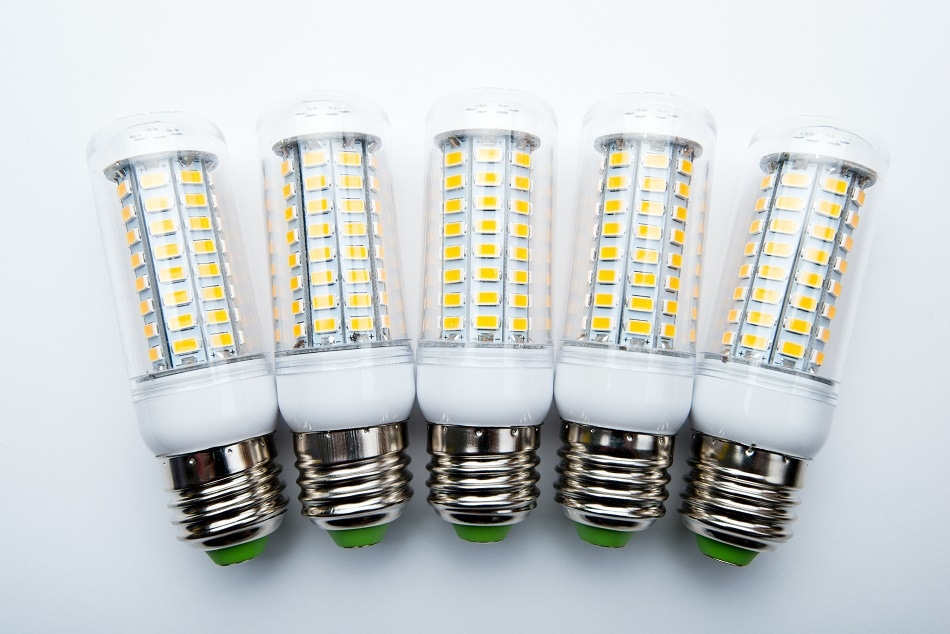Apr 20 2017
 Image Credits: Yarygin/shutterstock.com
Image Credits: Yarygin/shutterstock.com
The amount of electronic waste generated keeps increasing as consumers keep upgrading their devices at a rapid pace. To help battle this problematic environmental issue, researchers have altered a degradable bioplastic fabricated from corn starch and other natural sources for use in more eco-friendly electronic parts.
They report their findings in ACS' journal Industrial & Engineering Chemistry Research.
According to a report by the United Nations University, in the year 2014, consumers worldwide threw out approximately 42 million metric tons of e-waste. This is a hazard for both man and the environment because electronic products are made up of numerous components, some of which are non-degradable or toxic. Xinlong Wang and colleagues aimed to create a degradable material that could be used for electronic insulators or substrates, thereby help address the issue.
The researchers worked with polylactic acid (PLA), which is a bioplastic that can be taken from corn starch or other natural sources and is already used in the electronics, packaging, and automotive sectors. PLA by itself, however, is flammable and brittle, and does not possess the appropriate electrical properties to be a good electronic insulator or substrate. But the researchers found that combination metal-organic framework nanoparticles with PLA brought about a transparent film with the electrical, mechanical, and flame retardant properties that make the material a potential candidate for use in electronics.
The authors received funding from the Science and Technology Support Program of Jiangsu Province of China and Priority Academic Program Development of Jiangsu Higher Education Institutions.